In our quest for sustainable living and eco-friendly choices, the textiles we wear play a pivotal role. Cotton, often termed as the fabric of our lives, is no exception. Yet, not all cotton is created equal when it comes to its impact on the environment.
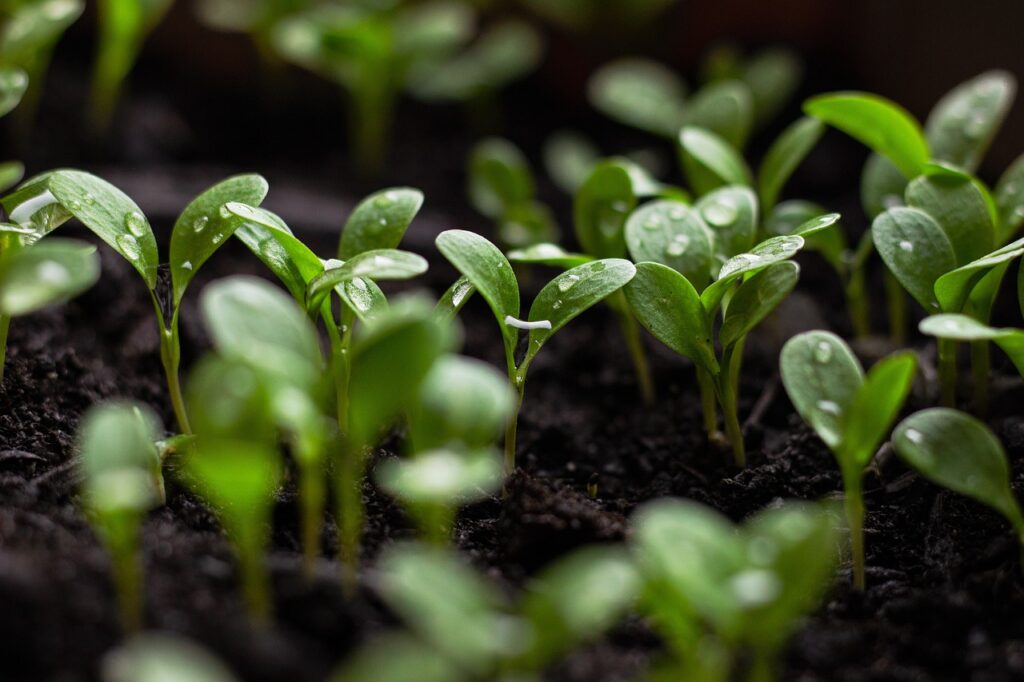
In this comprehensive guide, we delve into the nuances of organic cotton versus conventional cotton, exploring their cultivation methods, environmental impacts, and why your choice matters more than ever.
Understanding Cotton: A Fabric with Global Impact
Cotton is undeniably one of the most widely used natural fibers globally, finding its way into our wardrobes, bedsheets, and countless other products. Its versatility and comfort have made it a staple in the textile industry.

But the methods by which cotton is grown and processed can have profound implications for the environment and human health.
The Story of Conventional Cotton: Pesticides, Water, and Environmental Costs
Conventional cotton farming relies heavily on synthetic pesticides and fertilizers to maximize yield. These chemicals not only pose risks to farm workers’ health but also seep into the soil and waterways, leading to soil degradation and water pollution. In fact, conventional cotton production accounts for a significant percentage of global pesticide use, despite cotton occupying just a small fraction of the world’s agricultural land.

The intensive water usage in conventional cotton farming exacerbates water scarcity issues in regions where it is grown, often in arid climates. The irrigation demands can lead to depletion of freshwater sources, impacting local ecosystems and communities.
Organic Cotton: Cultivating Sustainability
On the other hand, organic cotton offers a greener alternative. Grown without synthetic pesticides or genetically modified organisms (GMOs), organic cotton farming promotes biodiversity and soil health.

Farmers use natural methods like crop rotation, companion planting, and biological pest control to maintain soil fertility and reduce pests.
Environmental Impact Comparison: Organic vs. Conventional Cotton
1. Soil Health and Biodiversity: Organic cotton farming enhances soil structure and fertility through practices that build organic matter and support beneficial soil organisms. In contrast, conventional methods often lead to soil erosion and degradation due to intensive chemical use.
2. Water Usage: Organic cotton generally requires less water than conventional cotton because organic farming methods focus on water conservation and efficient irrigation practices.
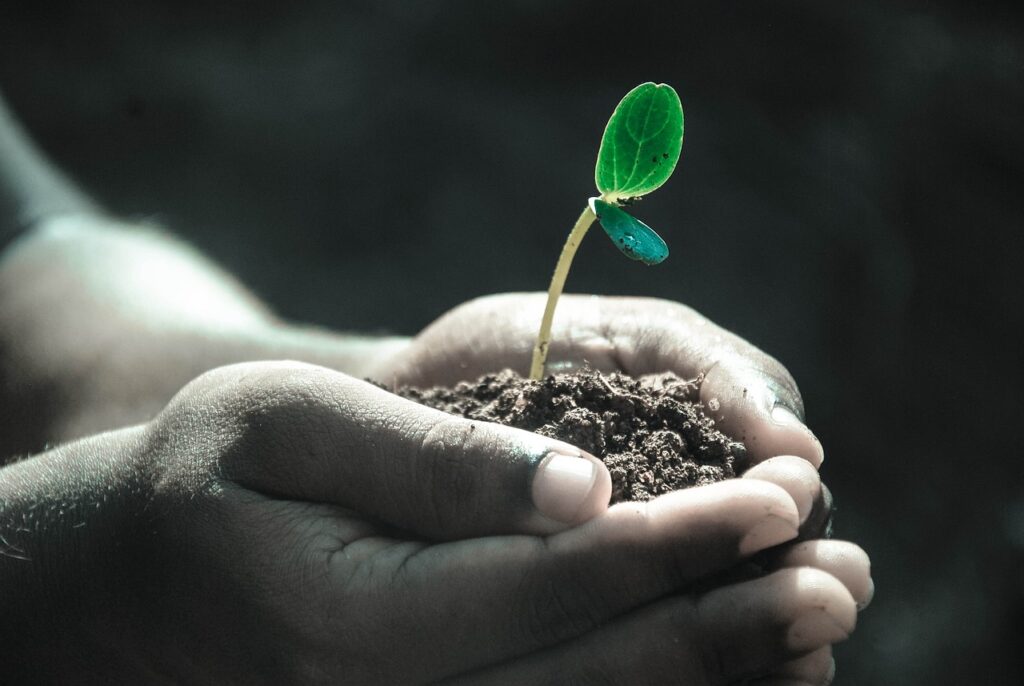
3. Chemicals and Pesticides: The absence of synthetic pesticides and fertilizers in organic cotton farming reduces chemical runoff into waterways and minimizes health risks for farm workers and nearby communities.
Certifications and Standards: Navigating the Greenwashing
To ensure the authenticity of organic cotton products, certifications like the Global Organic Textile Standard (GOTS) and the Organic Content Standard (OCS) play a crucial role. These standards certify that the entire supply chain meets strict criteria for organic production, from farm to finished product.
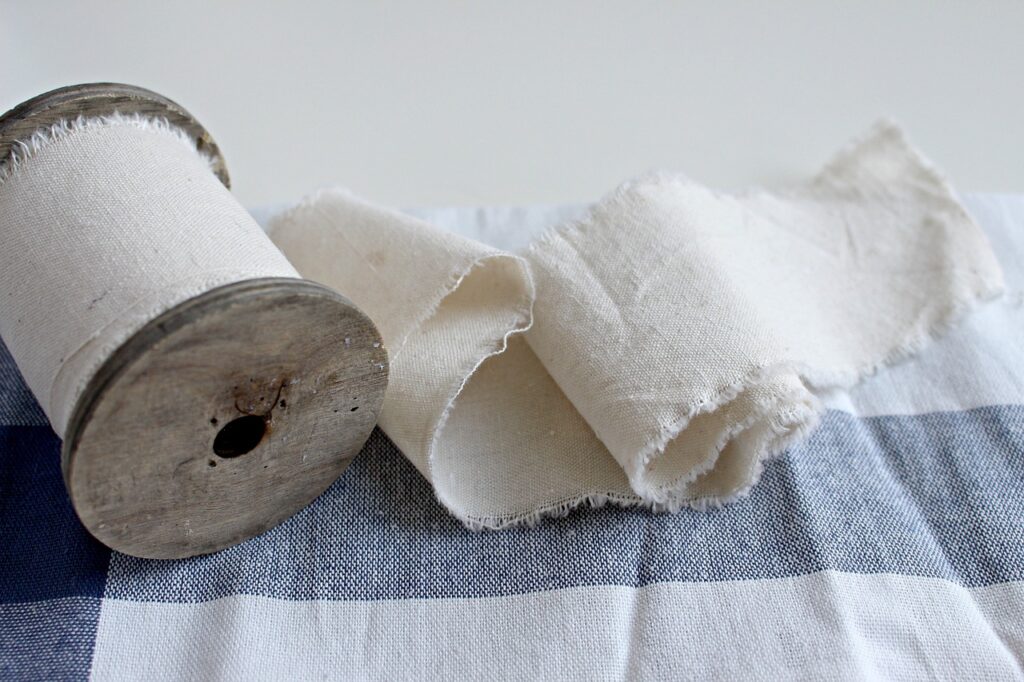
By looking for these certifications, consumers can make informed choices and support sustainable practices in the textile industry.
Making a Difference: Why Your Choice Matters
The shift towards organic cotton isn’t just a trend; it’s a step towards a more sustainable future. By opting for organic cotton products, consumers support farming practices that prioritize environmental stewardship and ethical standards.
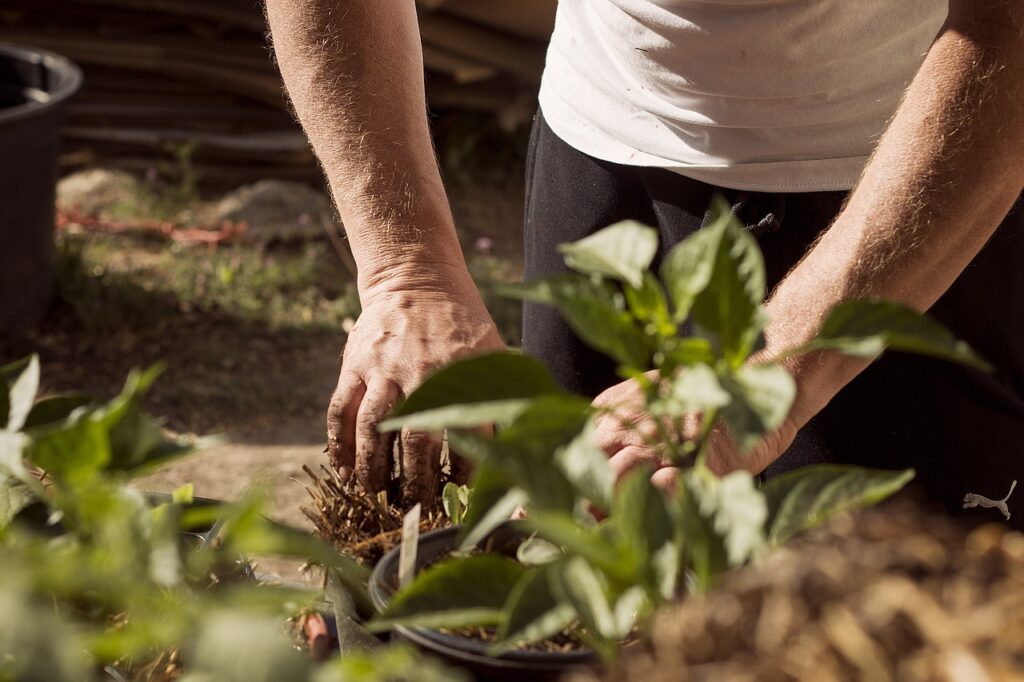
This choice empowers farmers to adopt sustainable livelihoods and promotes a healthier planet for future generations.
Choosing Wisely for a Sustainable Future
The debate between organic cotton and conventional cotton isn’t merely about fabric; it’s about our collective responsibility towards the planet. While organic cotton presents clear environmental benefits, its adoption requires systemic changes in the textile industry and consumer behavior.

By educating ourselves and making conscious choices, we can drive demand for sustainable practices and contribute to a more resilient and environmentally-friendly fashion industry.
Embracing Eco-Fashion: Your Journey Starts Here
As you navigate the world of eco-fashion, remember that every purchase is a vote for the kind of world you want to live in. By opting for organic cotton, you’re not just choosing comfort and style; you’re choosing to support sustainable agriculture, protect ecosystems, and safeguard the health of communities worldwide. Together, let’s weave a fabric of change towards a greener, more sustainable future.
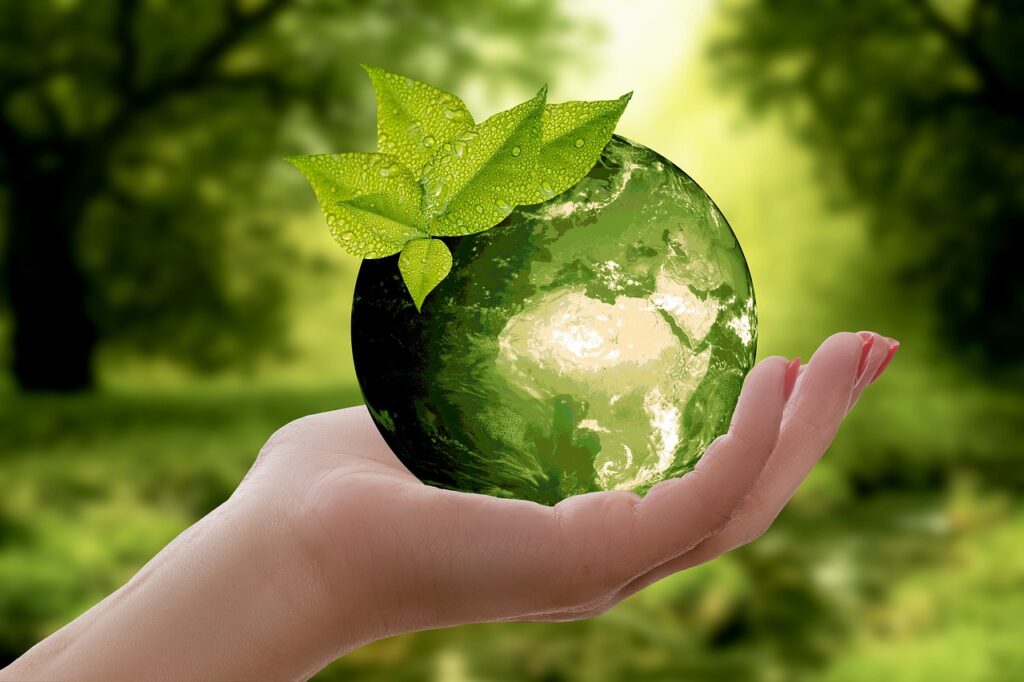
Join the movement. Choose organic cotton. Together, we can make a difference.
